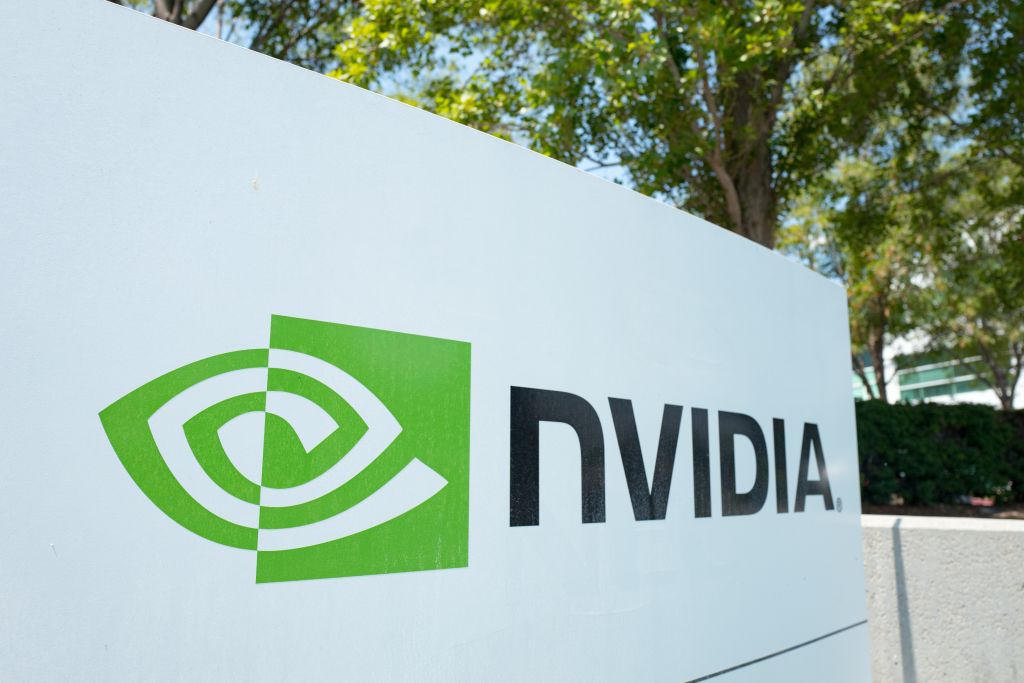The US has raised potential objections to Nvidia’s controversial acquisition of the UK chip design company Arm from SoftBank, adding a fresh hurdle to a deal that has already stirred up serious opposition on the other side of the Atlantic.
News that American regulators shared European concerns came a day after the UK launched an in-depth investigation into the transaction on competition and national security grounds. The European Commission began its own extended review late last month.
Despite the mounting signs that regulators may try to block the deal, Nvidia said on Wednesday that it still believed “in the merits and benefits of the acquisition to Arm, its licensees and the industry.”
Nvidia disclosed the pushback from American regulators as it announced its latest quarterly earnings to Wall Street late on Wednesday. It said that the Federal Trade Commission had “expressed concerns” about the Arm transaction and that it was in discussions with the agency about “remedies to address those concerns.”
The US chipmaker did not reveal what had prompted the opposition or what concessions it had offered. The deal, which was announced 14 months ago, has attracted opposition from some big American tech companies that worry Nvidia will limit their access to Arm’s chip designs, giving it an unfair advantage in big chip markets such as data centers and cars.
Nvidia has already made an offer to UK and EU regulators to guarantee not to cut Arm’s customers off or to change the list of Arm products they have access to, according to one person familiar with its position. But the offer was not sufficient to prevent London and Brussels from moving ahead with extended investigations, and the UK’s Competition and Markets Authority has said it does not believe any “behavioral” remedies like this can be effective.
Nvidia could face further headaches in China, where some local chipmakers are reported to have complained to regulators about the deal. The company said on Wednesday that a formal antitrust process had not even started there yet, though it said the deal had been “under review” by Chinese authorities.
The gathering problems over the Arm acquisition have failed to weaken Wall Street’s recent wave of enthusiasm for Nvidia. Its shares have surged about 130 percent in the 14 months since the proposed deal was announced, lifting its stock market value to more than $730 billion.
The strong rally has lifted the value of the cash-and-stock offer for Arm to as much as $76 billion, up from $38.5 billion when the deal was announced.
The latest earnings results revealed that Nvidia’s gaming and data center chip businesses were continuing to fire on all cylinders, lifting its revenues by 50 percent from a year ago in the third quarter and prompting a 4 percent after-market bounce in its shares.
Third-quarter revenues hit $7.1 billion, or $270 million ahead of Wall Street’s expectations. Nvidia also forecast fourth-quarter revenue of $7.4 billion, or $540 million above expectations, as it managed to brush off the worst of the chip supply chain pressures that have hit other parts of the sector.
Nvidia’s after-tax earnings climbed 84 percent in the latest period to $2.46 billion, or 97 cents a share. Using the pro forma basis Wall Street assesses the company on, earnings per share climbed to $1.17, or 6 cents ahead of expectations.
© 2021 The Financial Times Ltd. All rights reserved Not to be redistributed, copied, or modified in any way.


